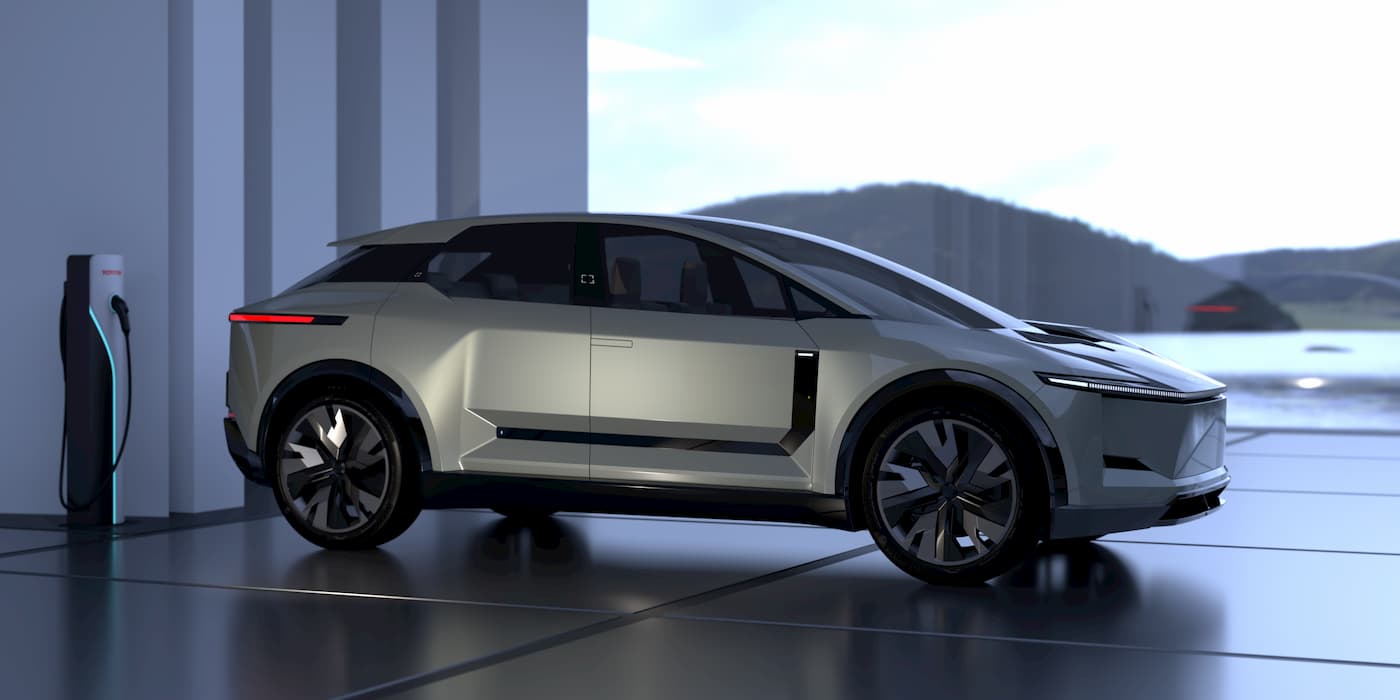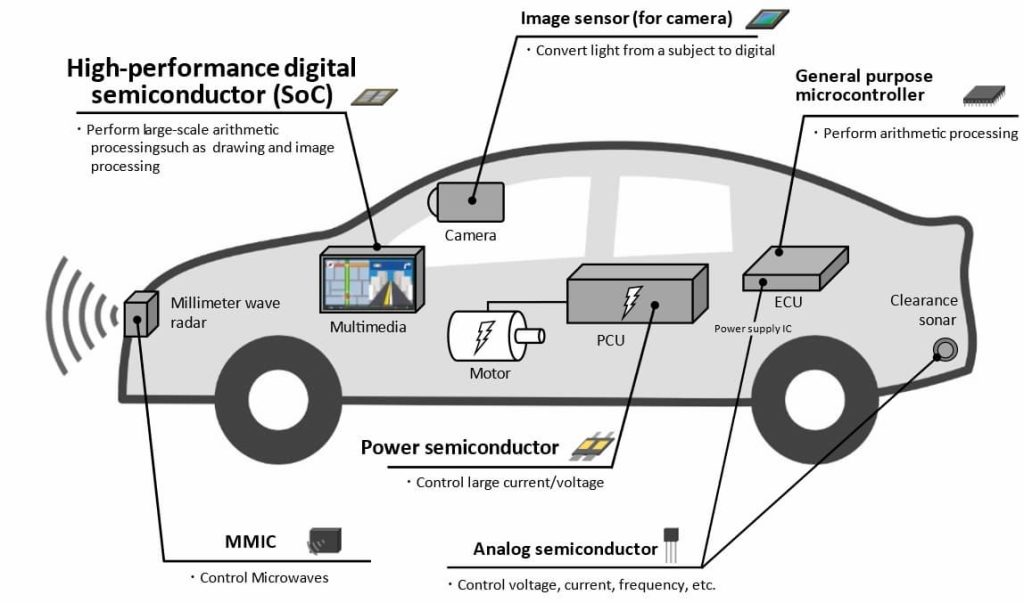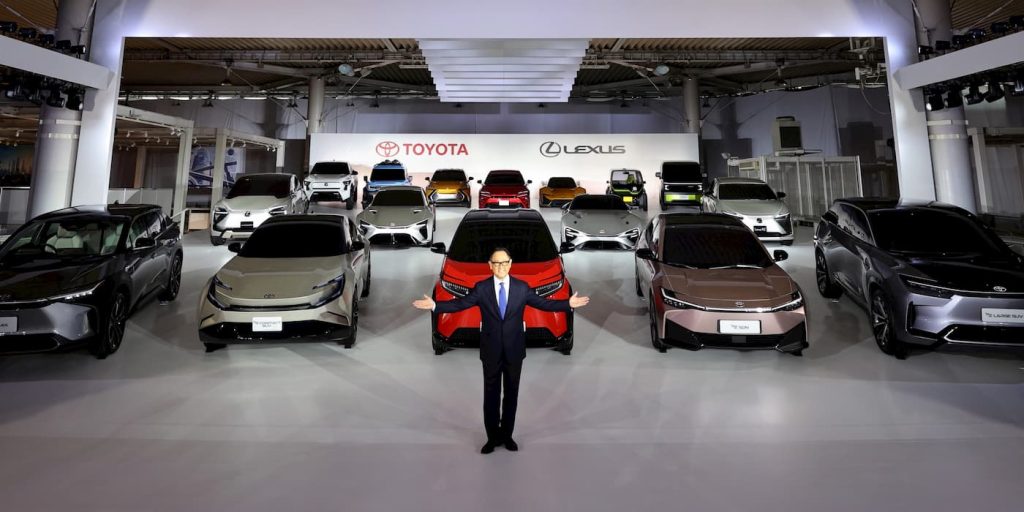
Japanese industry leaders, including Toyota, Nissan, Honda, Subaru, Panasonic, and seven others, are teaming up to develop advanced vehicle software.
Toyota, Japan industry leaders form SoC research group
Earlier this month, twelve companies, including auto, electrical component, and semiconductor makers, created the “Advanced SoC Research for Automotive” (ASRA).
ASRA was established to research and develop high-performance semiconductors (SoC) for vehicles. The group will pool their talents and vast industry experience to develop in-vehicle chips by 2028.
From 2030 onward, the research group aims to install SoCs in mass-produced vehicles. With at least 1,000 semiconductors used in each car nowadays, the tech is becoming more and more critical.
In the new era of digitally connected electric vehicles, software is key. SoCs power many functions, including infotainment and autonomous driving capabilities.
ASRA aims to develop SoC’s with chiplet tech and various semiconductor types. Chiplets are smaller chips that are used to form a bigger one. They can help reduce development time and costs while offering more performance.

The research group will collaborate with industry, government, and other partners to advance the technology.
ASRA members include:
- Automakers: Toyota, Honda, Mazda, Nissan, and Subaru.
- Electrical component manufacturers: Denso and Panasonic.
- Semiconductor companies: Cadence Design Systems, Japan, Mirise tech corp, Renesas Electronics corp, Socionext inc., Synopsys Japan.
Top comment by William Lin
Although do something is better than do nothing, but putting all these old thinking, bureaucracy companies together to develop software is unlikely to come out with any sucessful. At the end of the day, Toyota is going to call the shots. This is probably the first and last news about this join research joint venture.
Toyota Motor senior fellow Keiji Yamoto is chair of the new research group. Nobuaki Kawahara, senior advisor at Denso, will serve as executive director.

Electrek’s Take
Japan is falling behind in the auto industry’s transition to EVs. The nation was topped by China this year as the number one auto exporter, with demand for electric vehicles climbing in key global markets.
China has gained an advantage with functional low-cost EVs like the BYD Dolphin, which are stealing the show from automakers that once dominated the region. Toyota’s sales are down 2% in China through November of this year, while other areas like Thailand (-6.5%) have slipped even more.
Industry leaders aim to help the Japanese auto industry compete with advanced software and ADAS. However, that won’t be coming until the end of the decade.
FTC: We use income earning auto affiliate links. More.



Comments